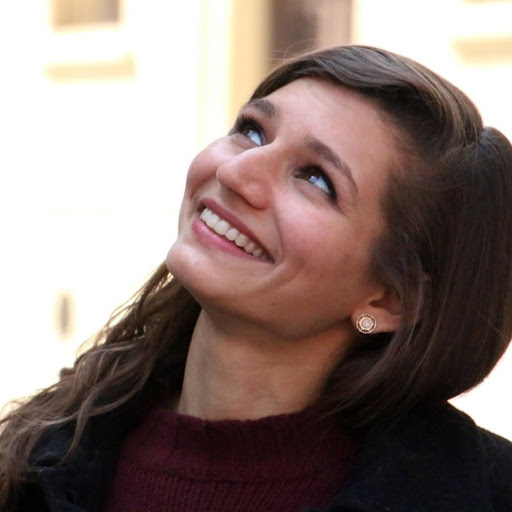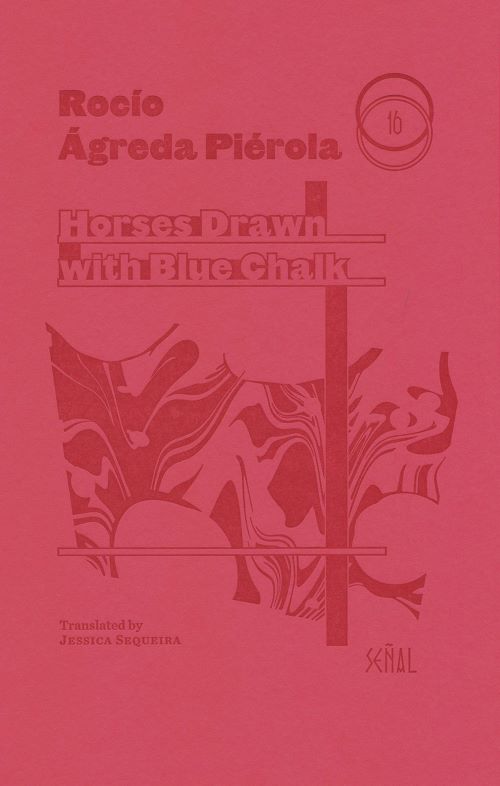the swimmers coordinate their strokeson the banks of my soulto name this stateto dare say soulthe years come in gustsI unfinishI wait crowned with loveI disorder my habitsI naïvely choreograph before the silence facing himby my eyes there passesthe gold where the dust of my childhood home dancescamels passthe same Bolívar Street as everthe red moon and my mothers’ shoutsthe storm takes photographs of instants in flightI miss the horses drawn with blue chalk on the wallsI recognize the will to create pretty spaceswhere I discover nothingand not only thatI dismantle my instrumentsI twist them out of tune to catch other soundsan insect looked at methis wasn’t the way to arrive I supposeI align my eyes in a directionthat lets me shipwrecknothing but inside myselfI go yellowI confront no answerI shelter an error as if it were a refugeI corral an idea that neighs and kicks to escapeit doesn’t matteroutside to become windhe looks me in the faceI persistinvisible as I amI collect subtle movements on a stone beachthe battle isn’t lost in any wayI take stock of even the tiniest movementI still press it down a bit at the edges as I sculpt itI twist my tongue out of tunethe one I used as a stick to gather the fruitwhen they threw us outand I begin again Los nadadores alinean sus brazadaslos nadadores alinean sus brazadasa orillas de mi almanombrar este estadíoatreverse a decir almalos años vienen en ráfagasyo inconcluyoespero coronada en amordesorganizo mis costumbrescoreografío ingenuamente frente al silencio de cara a élpasan por mis ojosel oro donde baila el polvo de la casa infantilpasan camellosla misma calle Bolívar de todas las vecesla luna roja y los gritos de mis madresla tormenta fotografía instantes en fugaextraño los caballos pintados con tiza azul en las paredesreconozco la voluntad de crear espacios bonitosdonde no halloy no solamente esodesarmo mis instrumentoslos desafino para captar otros ruidosme ha mirado un insectono era ésta la forma de llegar supongoalineo mis ojos en una direcciónque me permita naufragarnada más que en míamarilleono enfrento respuestaresguardo un error como si fuese un refugioacorralo una idea que relincha y patea por salirno importaafuera devenir vientome mira a la carapersistoinvisible que soycolecciono sutiles movimientos en una playa de piedra ,la batalla no está perdida de ningún modoinventarío incluso cada movimiento minúsculolo rebajo todavía un poco por los hordes al esculpirdesafino mi lenguala que me sirvió de palo para recoger la frutacuando nos expulsarony vuelvo a comenzar
The Swimmers Coordinate their Strokes
Feature Date
- August 26, 2022
Series
- Translation
Selected By
Share This Poem
Print This Poem
© Rocío Ágreda Piérola, translation © Jessica Sequeira, from Horses Drawn with Blue Chalk (Ugly Duckling Presse, 2021)
All rights reserved.
Reproduced by Poetry Daily with permission.

Rocío Ágreda Piérola (Cochabamba, 1981) studied philosophy and literature. Her work has appeared in anthologies in Peru and Chile, and she has collaborated with the Bolivian publishing projects “Género aburrido” and “Lenguanegra.” In 2017 she published the poetry collection Detritus (Maki_Naria), and is currently working on a manuscript called Quetiapina 400mg.

Jessica Sequeira has published A Luminous History of the Palm (Sublunary Editions), A Furious Oyster (Dostoyevsky Wannabe), Rhombus and Oval (What Books Press) and Other Paradises: Poetic Approaches to Thinking in a Technological Age (Zero Books), along with many translations. She was awarded the Premio Valle-Inclán for her version of Sara Gallardo’s Land of Smoke (Pushkin Press). Currently she is a PhD candidate in Latin American Studies at the University of Cambridge.

New York, New York
The work of the philosopher-poet Rocío Ágreda Piérola is full of ghostly traces, smudged lines from the past turned with care into new forms through references to writers like Héctor Viel Temperley and Dante, rewritings of Biblical verses, redraftings of personal memory, and forays into history with the Spanish conquistadors. In Horses Drawn with Blue Chalk, Ágreda Piérola’s sensuous language is populated by animals (hyenas, wolves, birds, cats, shoals of fish), parts of the body (the tongue, the nervous system), and the physical stuff of childhood (those horses drawn with blue chalk, erased from the wall yet forever archived in memory, to be drawn and redrawn). The questions here of how to create meaning from solitude and silence do not rely on any facile premade identities or autobiographical intimacies, but seek constantly to unsettle the known, challenging given truths to forge a meaningful communication.
"Thinking always leads to madness, according to Maurice Blanchot. Poetic writing could be the trace of that madness, at least the writing of Rocío Ágreda Piérola. She speaks in a language unknown even to herself, for it is the clear, strange language of the illiterate who conceals and spits her vision through her voice of night. She might take as her own the words of the mysterious poet Héctor Viel Temperley: 'I meet with my poetry when I don't know how to write it.' Opening Horses Drawn with Blue Chalk, we witness the radiance of this meeting, swimming through her house of water."
— Stéphane Chaumet
Poetry Daily Depends on You
With your support, we make reading the best contemporary poetry a treasured daily experience. Consider a contribution today.



